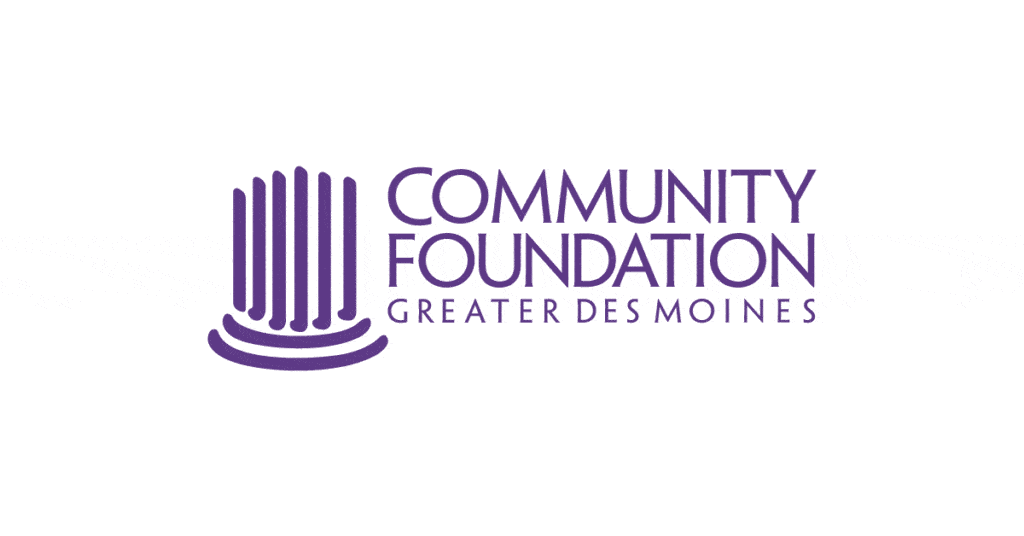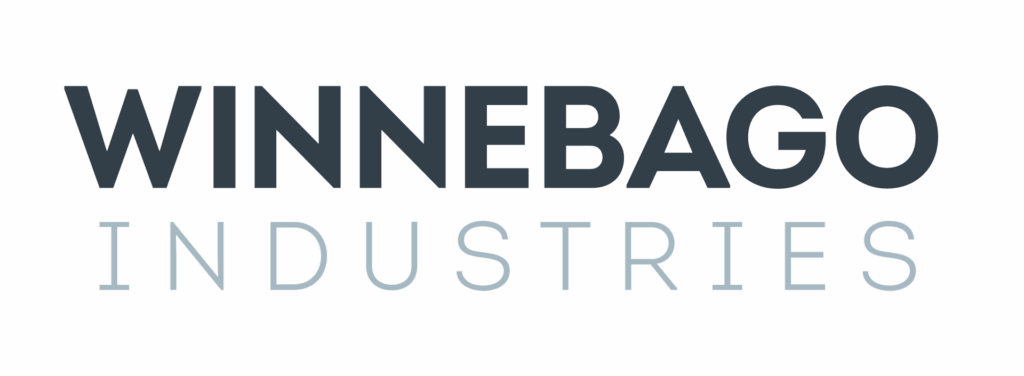Guest Opinion: Cigarette tax increase could have repercussions for Iowa convenience stores

By Dawn Carlson, president of Petroleum Marketers and Convenience Stores of Iowa
There are few things more saddening than watching a once-thriving community lose jobs due to a widespread economic decline. That’s what many of us witnessed five years ago when the country was struck by a crippling recession.
Here at the Petroleum Marketers and Convenience Stores of Iowa, we represent nearly 2,000 small business locations that provide essential services to Iowans in hundreds of communities.
All have struggled to return their businesses to pre-recession form. If our small businesses are to complete this turnaround, they cannot continually be subjected to burdensome new taxes or regulations. Despite the already difficult business environment, another tax hike may be making its way out of Washington, D.C., in the near future.
Within many neighborhoods, convenience stores are a valuable source of reasonably priced consumer goods and, more importantly, jobs. We are neighbors serving neighbors. We sell everything from laundry detergent to eggs to tobacco products, which are arguably our most stable source of revenue and customer traffic. When cigarettes taxes are steeply raised, which is what President Obama and some members of Congress have proposed, it creates significant financial incentives for criminals to sell counterfeit and contraband tobacco products on the black market. The appropriate taxes are often not collected on black market sales, and this activity may draw business away from legal retailers.
Lawful, tax-paying tobacco retailers saw the federal excise tax on cigarettes increase by more than 150 percent just four years ago. Now, another 93 percent hike in the tax could make things financially untenable for them once again. Retailers and other small businesses collectively create and support many jobs, and further shrinking their profits could force many owners to scale back their staff, or close their doors altogether.
In addition to the many concerns raised in the interest of retailers, we should also question whether the revenue from the tax hike will actually cover the cost of the massive government program it is being implemented to fund. Cigarette tax increases are a notoriously poor method for funding public spending programs and projects, and yet the president still chose this funding source for his multibillion-dollar early learning program.
The proposed increase in the federal excise tax on cigarettes would have to generate $75 billion in revenue just to cover the federal government’s portion of the program’s costs in the first 10 years. The amount each state would have to pay into the program after that point remains unknown, but the total cost could thereafter rest entirely on their shoulders. Fortunately, states can forgo participation in this program at their own discretion. Some state governments may rightly fear that the ballooning cost of the program will be greater than they expect or can afford, and that a financial miscalculation of that size could put their state’s budget in a precarious situation for many years. These are reasonable concerns to have in light of the program’s reliance on such a questionable source of federal funding.
We ask the Obama administration to consider the potential repercussions for small businesses and find a more appropriate way to fund this new initiative. As the gatekeepers of tobacco products in Iowa, we take our jobs very seriously in preventing youth access to age-sensitive products and thus wholeheartedly agree with providing better education efforts for our youth; however, funding that education through exorbitant taxes is not the answer. It simply needs to be done in a way that will not hurt small businesses and jeopardize state budgets.









